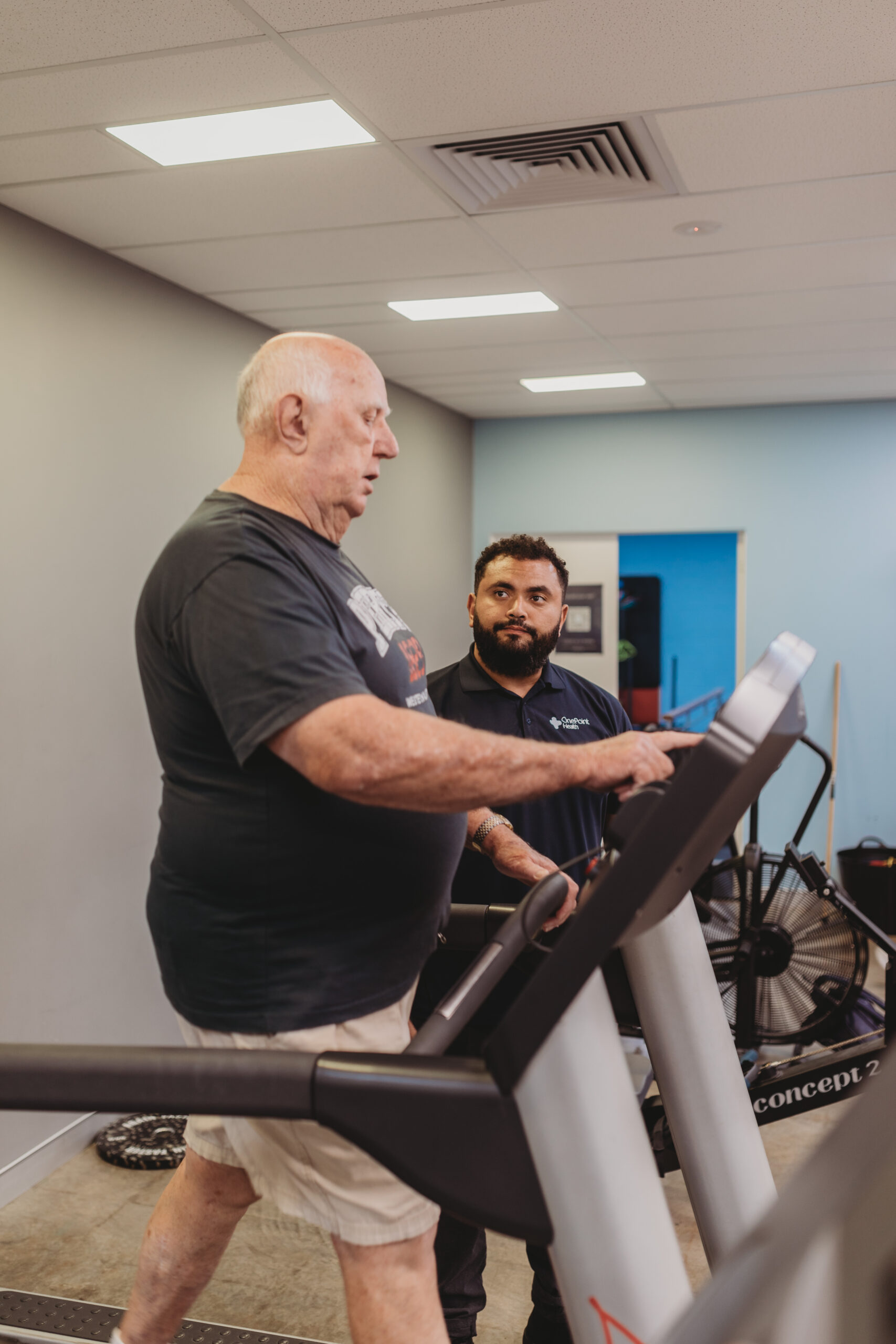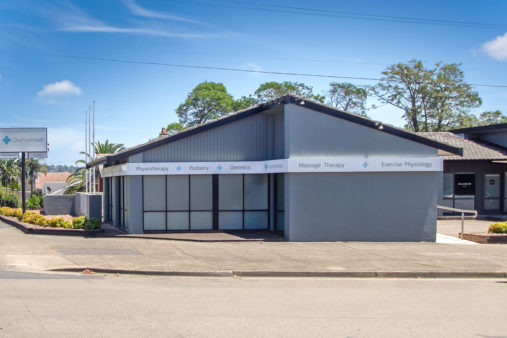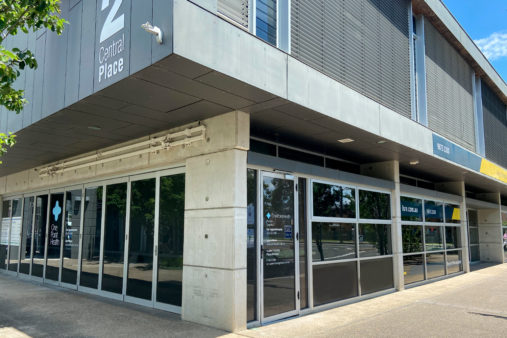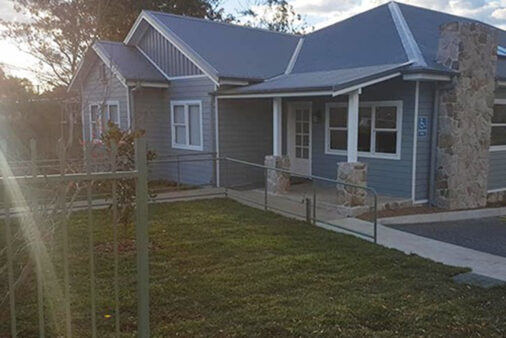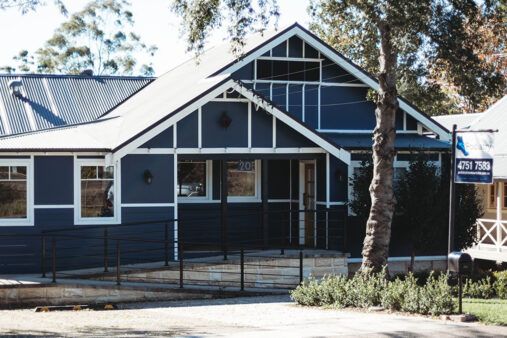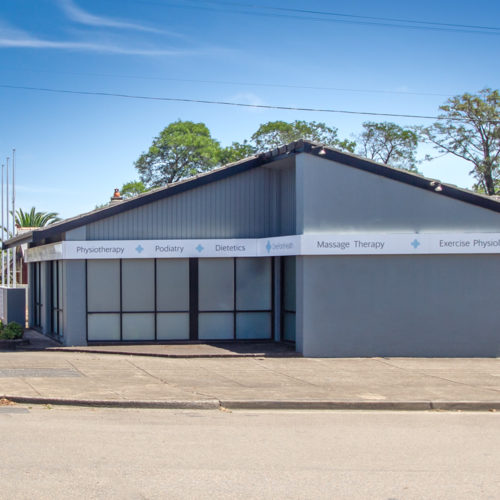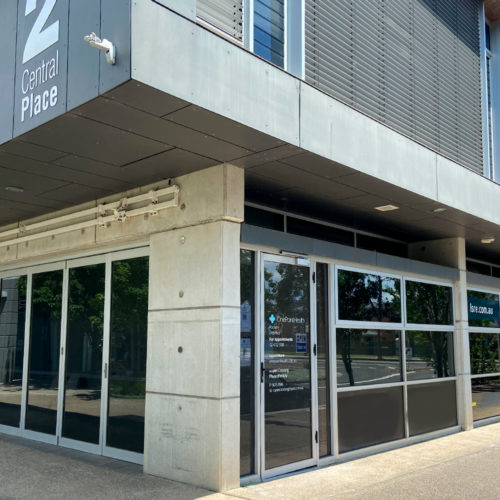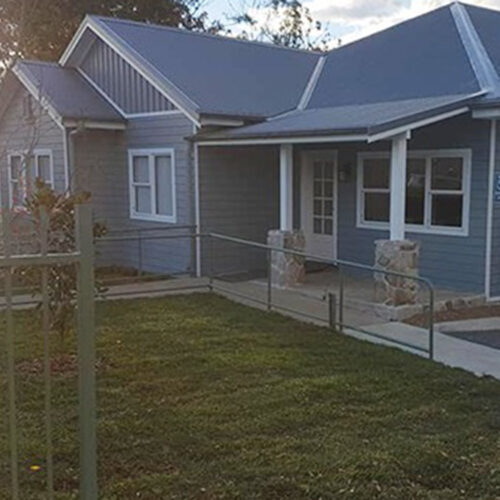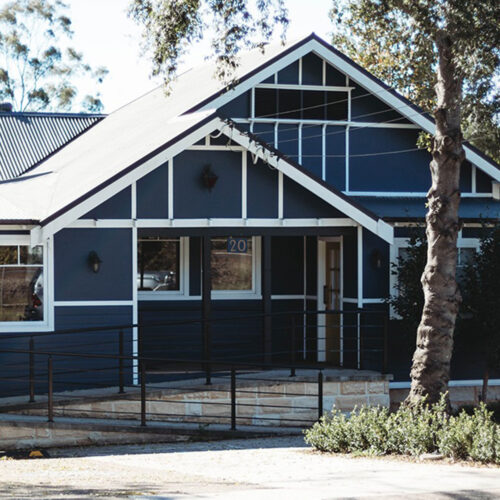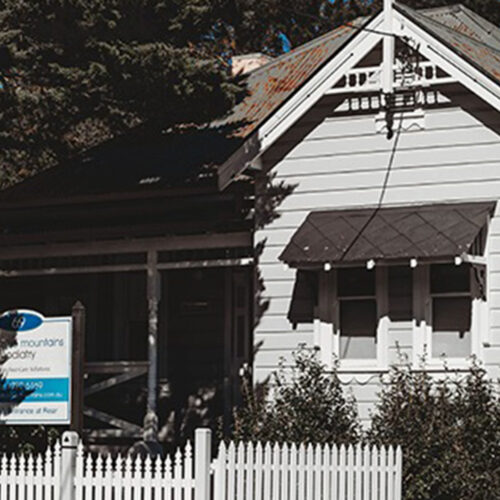How does exercise help with ageing?
Exercise programs have immense power to improve quality of life for seniors. Regular physical activity can increase mobility and reduce the risk of falls through balance and strength training. Strength training a few times per week not only strengthens muscles but helps strengthen bones and lower the risk of fractures. Additionally, exercise improves cardiovascular health and lung capacity. Exercise in the form of water aerobics, swimming and daily walks are great low-impact cardio options for seniors.
Exercise also has significant cognitive benefits. It can help enhance brain function and reduce the risk of Alzheimer’s disease and dementia. Just 30 minutes per day of physical activity has been shown to boost brain health. Along with these health perks, exercise boosts mood and can reduce symptoms of depression. Many seniors report feeling happier and less stressed after introducing regular exercise into their routines.
What exercise should I be engaging in?
When engaging in an exercise program as a senior, individualisation is important to suit one’s unique needs and abilities. Gentle range of motion, flexibility and balance exercises are suitable options. For strength training, focusing on body weight exercises or using low weights while targeting the major muscle groups can be appropriate. An example of such strength exercises may include side leg lifts, squats or sit to stands, arm curls and chest presses using resistance bands or small dumbbells. Exercise equipment is not a necessity for strength training at home. Body weight can be used as an effective resistance, as well as the use of chairs, walls or even kitchen benches. For balance, exercises like standing on one leg, walking heel to toe or standing yoga poses can be included. Stretching and flexibility routines involving poses like cat/cow, child’s pose and seated twists also deliver benefits and are easily modifiable to suit individual ranges.
When developing an exercise program, incorporating fun activities such as dancing, gardening or sports can enhance accountability and adherence. Finding what motivates you can also assist this. Are you interested in social exercise associated with group based classes, or prefer a home based program to complete on your own time and accord? Either option allows for adjustments to be made to modify intensity, duration and frequency pending current needs. Completing supervised exercise also has the benefit of reassurance with fears and allowing for further challenges with increased safety that might not be achievable at home.
How can an Exercise Physiologist help you engage in the correct exercise program?
So when should you book with an Exercise Physiologist? If you are managing multiple chronic conditions, recovering from injury, surgery or hospilisation, needing a personalised program or needing assistance with correct form and technique for safety, you are fearful to exercise on your own, you have noticed any mobility, balance or strength deficiencies or have experienced falls or near falls.
The risk of falls is a major health concern for the aging population with risks of fractures rising with falls. Unfortunately, a lack of cardiorespiratory endurance and muscle weakness are significant contributing factors. As we age, our aerobic capacity and strength naturally decline if not maintained through regular exercise. Less stamina and lower body muscle mass make simple tasks like walking up stairs, bending over, or even standing from a seated position more challenging. Poor balance is also a result of not engaging in exercises that train and challenge the body. Any weakness or loss of coordination puts seniors at higher risk of tripping or not being able to catch themselves during a stumble. Falling becomes a dangerous possibility that could result in serious injuries like hip fractures or head trauma. Staying physically active through activities such as water aerobics and strength training using light weights can help combat age-related declines. This enhances balance, agility and reaction time to potentially life-threatening falls.
OnePointHealth’s Strength, Balance and Conditioning classes
At OnePointHealth, we offer both individual and group based exercise classes. Our Strength, Conditioning and Balance classes are quite popular for health, fitness and social benefits and run daily. In a circuit format, these classes target whole body movements, aiming to enhance cardiovascular fitness and muscle endurance, and improve balance and confidence with movements not just during exercise but in everyday life. Classes run over 60 minutes on:
- Monday: 10am
- Tuesday: 10am, 11.30am
- Wednesday: 10am
- Thursday: 10am
- Friday: 10am
Join our small group strength, balance and conditioning classes specifically designed for active seniors. Led by qualified exercise physiologists, these classes will challenge you in a fun, supportive environment. You’ll see results like reduced falls risk, improved mobility and mood. Our evidence-based programming delivers maximum benefits in only 60 minutes.
Are you concerned about fall risks or mobility issues and can’t attend one of our classes? Our exercise physiologists can develop a personalised exercise program just for your needs and abilities. Book your initial consultation today to assess your fitness levels, discuss your goals, and come up with a tailored plan to improve your strength, balance and overall quality of life.
